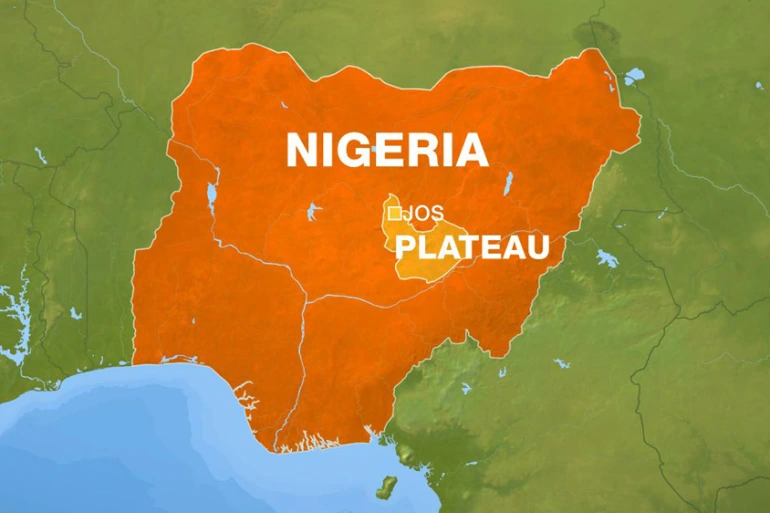The National Human Rights Commission, NHRC and the Women for Women International, WfWI have called on citizens of Plateau State to do away with the culture of silence but speak out anytime they see cases of abuses of human rights so that the rising cases of death as the result of sexual and gender violence could be curbed.
The State Coordinator of the NHRC, Mrs. Grace Pam, and the Country Director of the WfWI, Bukola Onyishi appealed while interacting with stakeholders and the media as part of their activities to mark this year’s 16 Days of Activism.
The officials of the NHRC met with Civil Society Organizations to discuss gender laws in Plateau State which are in place to provide succour to survivors/victims of gender violence while those of WfWI parleyed with the media to share their activities on gender-based violence and solicit the journalists support in creating awareness to citizens to understand what violence against women and children entails.
Addressing the CSOs, Pam said, “We are in the period of celebration of activism and activities for the elimination of violence against women and girls. The Commission has been given the mandate to protect, promote and enforce the rights of all humans so we have been working with some of you to ensure the rights of citizens of Plateau State are protected. You know that we have limitations, some times, funding is a problem, and sometimes other issues pose problems in the course of carrying out our mandate but by and large, we have tried our best to make sure the rights of citizens are protected.
“We called you here as stakeholders and people that are passionate about issues of protection of human rights to ensure we work together. You know that there is an upsurge in the cases of violation of rights, particularly of children, that of women is not new to us. Every day in this Commission, we get one complain or the other about the violation of women and children, particularly young girls. You heard about the one who was abused by her madam until she lost her life.
“While we, the women are advocating for the respect of our rights, some of us are at the same time abusing the rights of others, this has to stop, where is the justification of asking for our rights to be respected while trampling on others?
Please let’s respect ourselves and respect the rights of others even as we want others to respect ours.”
However, Barr Yop Rwang of the State Ministry of Justice gave an overview of gender laws in the State as participants discussed the laws and policies, seeking clarifications on grey areas.
Onyishi represented by Anthonia Olehi noted,
“the theme of the 16 Days Activism is Unite Activism to end violence against women and girls, WfWI solicits your support and collaboration to create awareness and sensitized the citizens to understand violence against women. Enlist you to frequently report issues of violence against women thereby challenging social norms and behaviour that condone violence against women and girls…”
Meanwhile, Bukola Gbobaniyi of WfWI in a policy brief added,
“… In 2021, violence against women continues to be one of the most pervasive human rights violations. Globally, 1 in 3 women has experienced physical and/or sexual violence at some point in their lives… In addition to intimate partner violence, violence against women and girls (VAWG) can occur on a spectrum and includes physical, sexual, and psychological abuse, threats, coercion, taking away someone’s right to make decisions, and economic deprivation – both inside and outside of the home.
“These forms of violence are intimately linked with women’s overall well-being, including physical health, mental health, financial security, and capacity to participate in their community and society. Women for Women International gathered qualitative data from communities where we operate within Nigeria to detail the prevalence of VAWG along this nuanced spectrum both to inform our programming and toelevate relevant policy recommendations that will support actors across the triple nexus of development, humanitarianism, and peacebuilding to end VAWG…”
She called for continued action stressing, “Though attitudes in the community have been slow to change and the implementation of VAWG legal frameworks have been challenged by inconsistent adoption, insufficient resources, and community stigma, many community members and leaders felt optimistic about the perceived changes thus far and the potential for the future…”
Media practitioners gave input on how sexual and gender-based violence could be curbed and unanimously asked for support groups to be created so that survivors could share experiences and raise voices against violence against women and girls.

